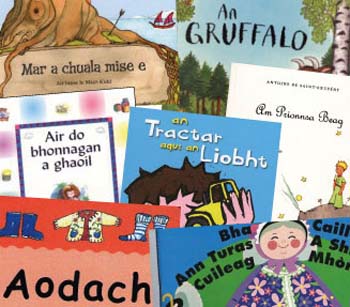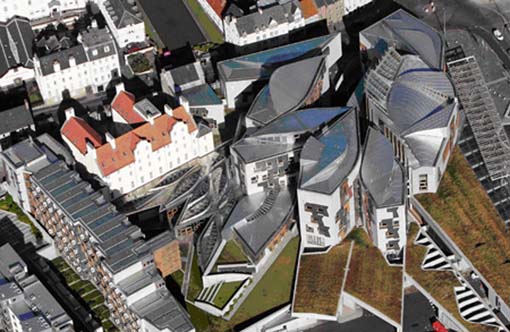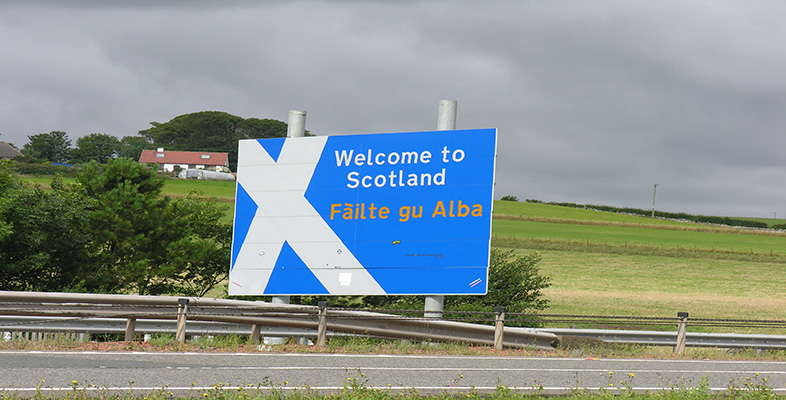5.3 New words: and evolving language
5.3.1 Developing terminology: some initiatives
Gaelic was not used much in the past in contexts like education or news broadcasting and for that reason it didn’t fully develop at that time the specialised vocabulary which is needed to talk about things like, for example, chemistry or the economy.
However, in the past few decades Gaelic has been used more and more in such spheres and so the appropriate terminology and registers have had to be developed quickly.
After Gaelic medium primary school education began in 1985, for example, the local authorities concerned brought together subject specialists and Gaelic academics and in 1992 issued Faclan Ùra Gàidhlig (‘new Gaelic words’), a list of new Gaelic terms authorised for use in Gaelic medium classrooms and teaching materials.
The list has been regularly updated since then and it is now being overtaken by the work of An Seotal [Tip: hold Ctrl and click a link to open it in a new tab. (Hide tip)] , an agency set up under the wing of the national Gaelic resource centre, Stòrlann Nàiseanta na Gàidhlig, to produce lists of specialised terms for use in schools.

Administration
The Scottish Parliament published Faclair na Pàrlamaid, a list of terms for use in government business in 2001.
A similar list of terms for use in local government business is being compiled at present by The European Language Initiative (TELI).
You can access the parliamentary Gaelic dictionary here.

News and current affairs
The main originator and user of new Gaelic words is the BBC in its various news and current affairs broadcasting, on radio, television and in its developing online services. There is not as yet a complete list of these new terms but an interim checklist can be accessed on the BBC website.
The way forward
Moves are underway at present to coordinate these various initiatives and the lists of new words and expressions that they are producing. This is likely to culminate within the next few years in the creation, by Bòrd na Gàidhlig, of a Gaelic Academy.
